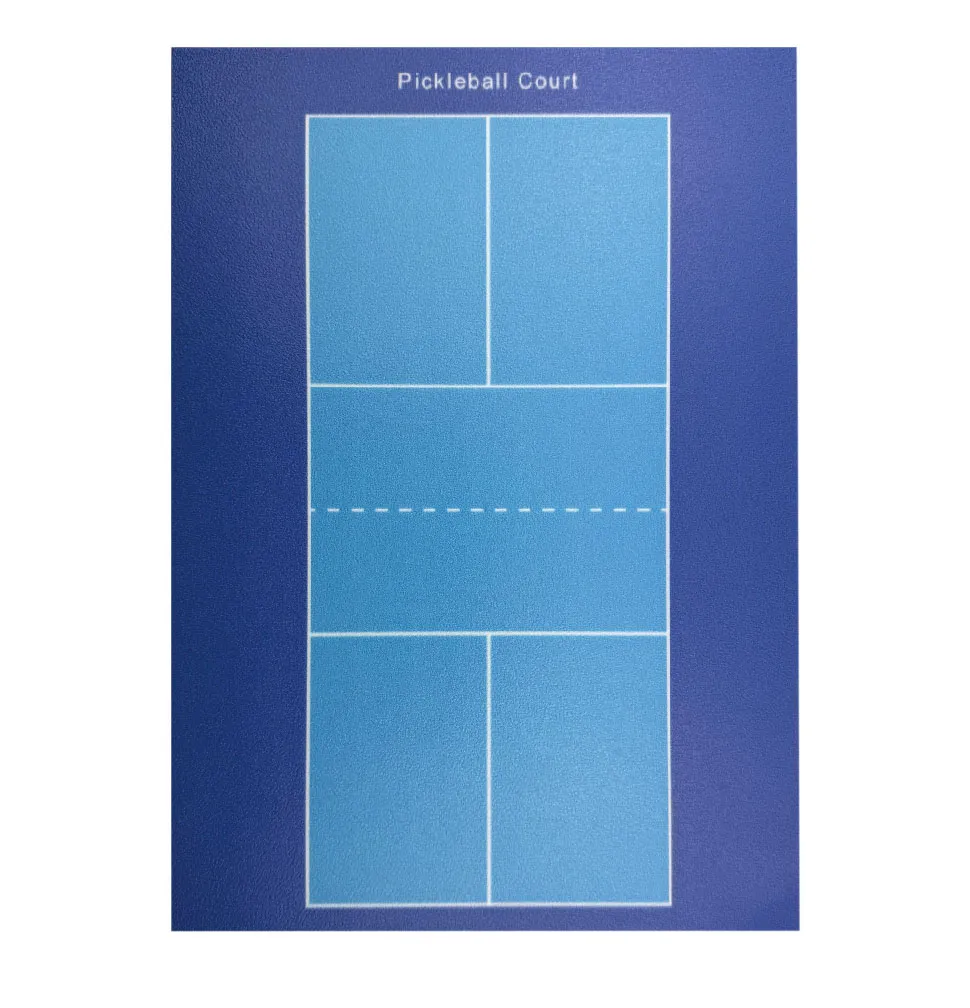8 月 . 15, 2024 12:31 Back to list
Exploring Different Types of Interlocking Tiles for Versatile Flooring Solutions
Understanding Interlock Tile Types A Comprehensive Guide
Interlock tiles are increasingly becoming a popular choice for both residential and commercial flooring due to their versatility, durability, and ease of installation. These tiles, designed to 'interlock' with one another, create a seamless surface that is both aesthetically pleasing and functional. This article explores the various types of interlock tiles, their characteristics, uses, and benefits.
Types of Interlock Tiles
1. Vinyl Interlock Tiles Vinyl interlock tiles are among the most common options available. They are composed of durable vinyl material, making them resistant to scratches, stains, and water damage. These tiles are ideal for areas prone to moisture, such as kitchens and bathrooms. Additionally, they are available in a wide range of colors and patterns, which allows homeowners to customize their space according to their preferences.
2. Rubber Interlock Tiles Rubber interlock tiles are well known for their resilience and shock-absorbing properties. They are often used in gymnasiums, playrooms, and commercial spaces that require a safer, more comfortable flooring option. Rubber tiles provide excellent traction, making them an ideal choice for areas with high foot traffic or where spills may occur.
3. Laminate Interlock Tiles Laminate interlock tiles offer a wood-like appearance but with enhanced durability. They consist of a high-density fiberboard core and a protective layer that resists scratching and fading. This type of tile is suitable for living rooms, bedrooms, and other areas where homeowners desire the warm look of hardwood without the associated maintenance.
4. Porcelain Interlock Tiles Porcelain interlock tiles are known for their elegance and strength. These tiles resist moisture and are less porous than standard ceramic tiles, making them excellent for both interior and exterior applications. Their ability to withstand temperature fluctuations makes them suitable for outdoor patios and walkways. Furthermore, available in various designs, they can mimic natural stones or offer contemporary aesthetics.
interlock tiles types

5. PVC Interlock Tiles PVC interlock tiles are often used in commercial settings due to their durability and ease of maintenance. They are resistant to chemicals and stains, making them practical in kitchens and workshops. Their interlocking design simplifies installation and allows for easy replacement of damaged tiles.
Features and Benefits of Interlock Tiles
One of the key advantages of interlock tiles is the ease of installation. Unlike traditional tiles that require adhesive or grout, interlock tiles can be simply laid down without the need for additional materials. This feature not only saves time but also reduces installation costs. Moreover, if a tile becomes damaged, it can be easily replaced without impacting the surrounding tiles.
Interlock tiles also provide a flexible flooring solution, allowing for creative designs and patterns. Homeowners can combine different types, colors, and textures to create unique spaces that reflect their personal style.
Conclusion
In summary, interlock tiles come in various types, each offering unique features that cater to specific needs and preferences. From resilient rubber tiles ideal for play and exercise spaces to elegant porcelain tiles that enhance the aesthetics of any room, interlock tiles provide numerous options for both residential and commercial applications. Their ease of installation, durability, and endless design possibilities make them an excellent choice for anyone looking to update their flooring. Whether you're renovating your home or planning a new commercial space, interlock tiles are worth considering for a beautiful and functional finish.
-
Custom Pickleball Court Solutions Convert Tennis & Indoor Builds
NewsMay.30,2025
-
Outdoor Pickleball Court Costs Build & Install Pricing Guide
NewsMay.30,2025
-
Premium Pickleball Sports Courts Custom Design & Installation
NewsMay.30,2025
-
Indoor Pickleball Courts Tennis Court Conversion & Custom Builds Tempe
NewsMay.29,2025
-
Professional Pickleball Court Installation & Tennis Court Conversions
NewsMay.29,2025
-
Grey Synthetic surface-rubber prefabricated track
NewsMar.07,2025

